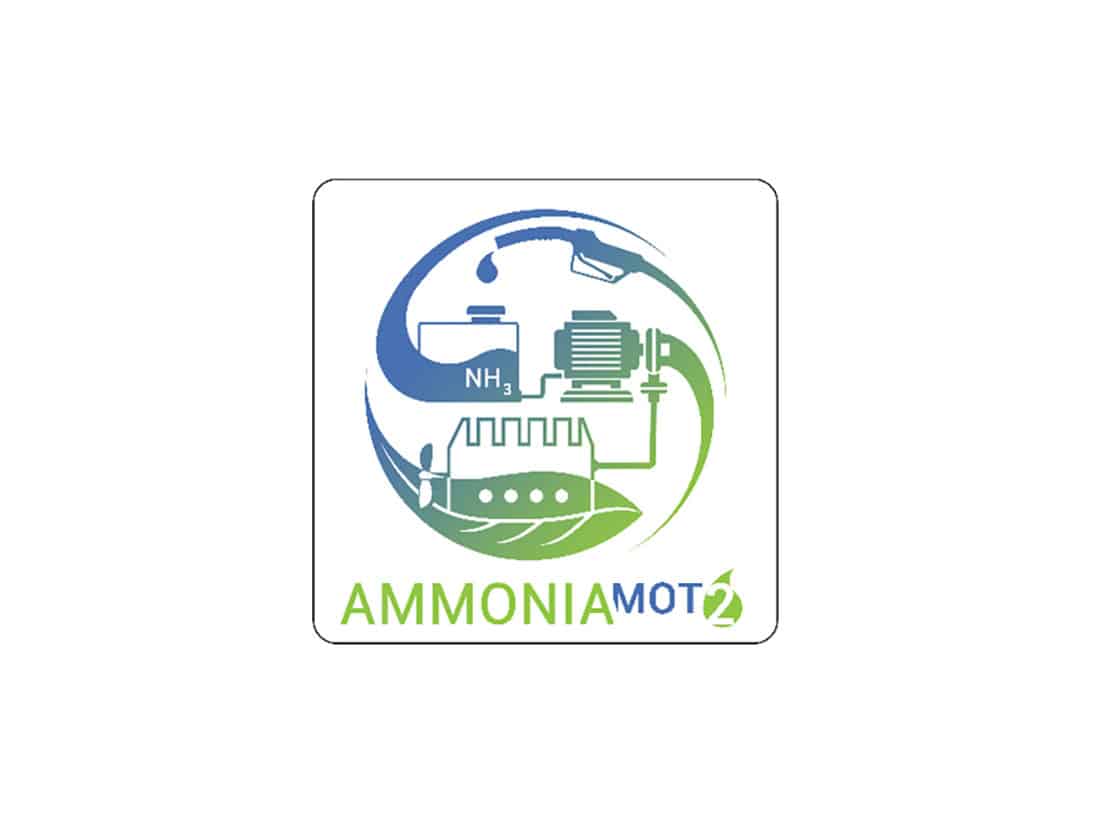Ammonia-Powered Engine to be Developed for Medium-Speed Marine Applications
MAN Energy Solutions launches ‘AmmoniaMot 2’ research project with industry partners and research institutes

MAN Energy Solutions, a leading company in ship engine technology, has launched a new project called AmmoniaMot 2. This research project aims to build and test a new type of four-stroke engine that can run on ammonia—a fuel that produces no carbon dioxide (CO₂). With the help of many partners from industry and universities, the goal is to create more sustainable technologies to reduce pollution in the maritime industry.
The project, which began in August 2024, will run for 3½ years. It is funded by the German Federal Ministry for Economic Affairs and Climate Action (BMWK). AmmoniaMot 2 follows the success of the earlier AmmoniaMot project, which ended in May 2024 and proved that ammonia could work well as a fuel for ship engines.
Why Ammonia?
Ammonia is seen as a future fuel for ships because it does not emit carbon dioxide (CO₂) when burned. This makes it a great candidate to decarbonize maritime operations. According to MAN Energy Solutions, ammonia can cut greenhouse gas emissions by 90-95% compared to traditional fuels. However, because ammonia burns differently than other fuels, engineers need to develop special engines and safety systems to use it effectively.
How MAN Energy is Pioneering Ammonia Technology
MAN Energy Solutions is focusing on two main types of engines:
- Ammonia-Powered Engines: These engines will be used on cargo ships and special-purpose vessels.
- Methanol Engines: MAN is also working on engines that use methanol for passenger ships like ferries and cruise liners.
The company believes ammonia-powered engines will play a major role in new ships or as auxiliary power units on large two-stroke ships.
Partner Companies and Their Roles
MAN Energy Solutions is working with several organizations to develop and test this advanced technology.
- MAN Energy Solutions: In charge of the overall engine design and exhaust treatment systems.
- WTZ Roßlau gGmbH: Developing the combustion system and testing fuel injection.
- Woodward L’Orange GmbH: Creating the first version of the fuel injector for the ammonia engine.
- University of Munich (SFM): Running computer simulations to understand how ammonia burns inside the engine.
- Neptun Ship Design GmbH: Building a high-pressure ammonia fuel system for ships.
- University of Rostock (LKV): Testing injection systems, emissions control, and lubrication methods.
- GenSys GmbH: Constructing parts for the ammonia fuel supply system.
- MNR GmbH: Developing double-walled fuel pipes to safely carry ammonia on ships.
Voices from MAN Energy Solutions
Alexander Knafl, Head of Engineering R&D, said:
“This project is an important step in our journey towards sustainable shipping. Ammonia offers a carbon-free option, helping us reduce CO₂ emissions in the maritime sector.”
Christian Kunkel, Head of Combustion Development, added:
“Ammonia can reduce emissions by up to 95%. It will be an essential fuel for the future, and we are excited to work with our partners on AmmoniaMot 2.”
The Path to Greener Shipping
With projects like AmmoniaMot 2, the maritime industry is moving closer to its goal of zero-emission operations. MAN Energy Solutions believes that switching to fuels like ammonia and methanol will make shipping more sustainable. The company’s efforts align with the growing demand for eco-friendly technologies and stricter emission regulations across the globe.
Conclusion
The AmmoniaMot 2 project is a big step forward in developing carbon-free engines for the shipping industry. With the support of its partners, MAN Energy Solutions is making sure that ammonia-powered engines become a reliable option for the future. By focusing on new fuels and advanced technologies, the company is helping the maritime sector move towards a greener future.
